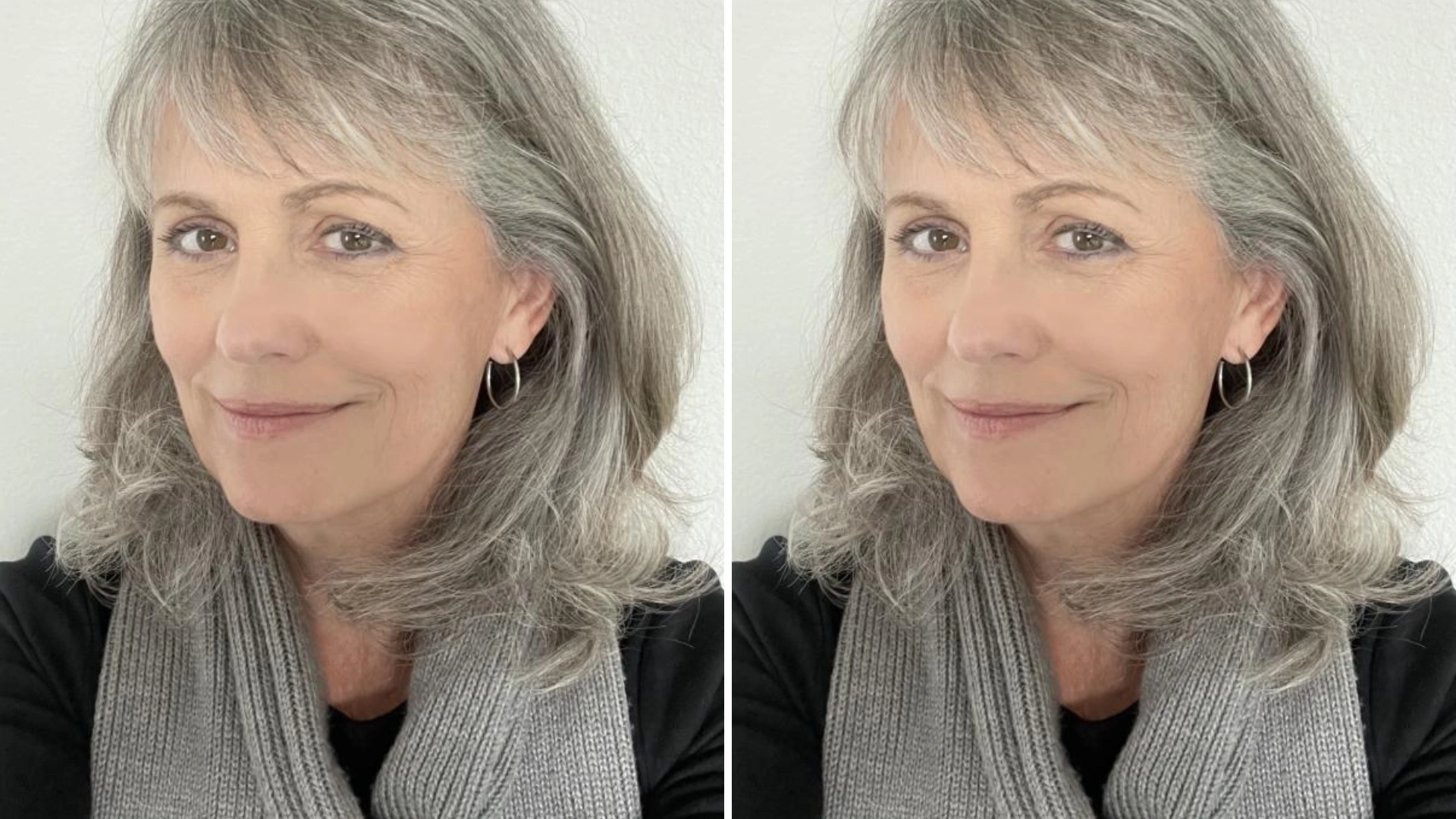The Government of India, in collaboration with state governments, is implementing the Jal Jeevan Mission (JJM) – Har Ghar Jal, aiming to ensure a tap water supply to every rural household.
At the inception of the mission in August 2019, only 3.23 crore (16.8 per cent) rural households had access to tap water connections. According to a press release by the Ministry of Jal Shakti, as of August 1, approximately 11.80 crore additional rural households have been equipped with tap water connections. Consequently, out of 19.32 crore rural households in the country, more than 15.03 crore (77.83 per cent) now have access to tap water.
To date, 11 states and union territories have achieved the ‘Har Ghar Jal’ status, meaning 100 per cent of households have tap water supply. The remaining states and UTs are at various stages of reaching this milestone. Detailed state and UT-wise status of tap water connections under the mission is available on the JJM dashboard.
Several challenges hinder the mission’s implementation, including the scarcity of dependable drinking water sources in water-stressed, drought-prone, and desert areas, the presence of geogenic contaminants in groundwater, uneven geographical terrains, scattered rural habitations, delays in the release of state matching shares, and a lack of technical capacity in local agencies and communities. Rising raw material costs and delays in obtaining necessary clearances further complicate efforts.
To address these issues comprehensively, the Government of India has initiated several measures, such as the Special Assistance to States for Capital Expenditure, which offers 50-year interest-free loans for capital investment projects. Additionally, the government has designated nodal officers to coordinate with central ministries and departments to facilitate the acquisition of necessary clearances and established State and District Programme Management Units to support the mission. The ‘Nal Jal Mitra Programme’ has been launched to ensure the availability of skilled local personnel at the village level.
States have been advised to undertake source recharging activities, such as dedicated borewell recharge structures, rainwater harvesting, rejuvenation of existing water bodies, and greywater reuse, in convergence with other schemes like MGNREGS, the Integrated Watershed Management Programme (IWMP), and 15th Finance Commission grants.
The Jal Shakti Abhiyan: Catch the Rain (JSA: CTR) campaign, launched in 2019 in 256 water-stressed districts, emphasizes grassroots water conservation with active community participation. In 2023, the campaign focused on ‘Source Sustainability for Drinking Water,’ and in 2024, it is being implemented with the theme ‘Nari Shakti se Jal Shakti,’ highlighting the crucial role women play in water conservation.
According to the operational guidelines of JJM, once all rural households in a village receive tap connections, the implementing department provides a completion certificate to the Gram Panchayat, which then certifies the village as ‘Har Ghar Jal’ in a Gram Sabha meeting. The certification process includes reading out the completion report, passing a resolution, and capturing a video of the Gram Sabha, all of which are reflected on the JJM dashboard.
As of August 1, 2024, out of approximately 2.31 lakh villages reported as ‘Har Ghar Jal,’ around 1.28 lakh villages have been certified by their respective Gram Sabhas.
This information was provided by Union Minister of State for Jal Shakti, V. Somanna, in a written reply to a question in the Rajya Sabha on Monday.
(With ANI Inputs)



















